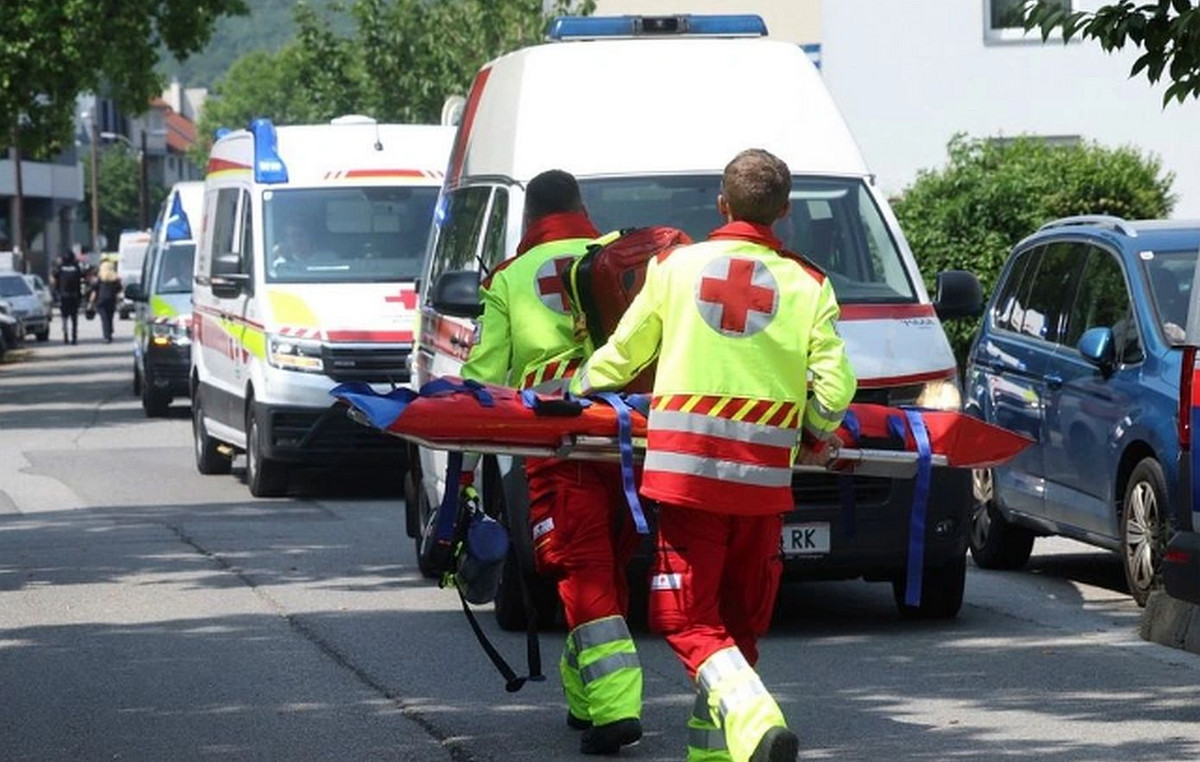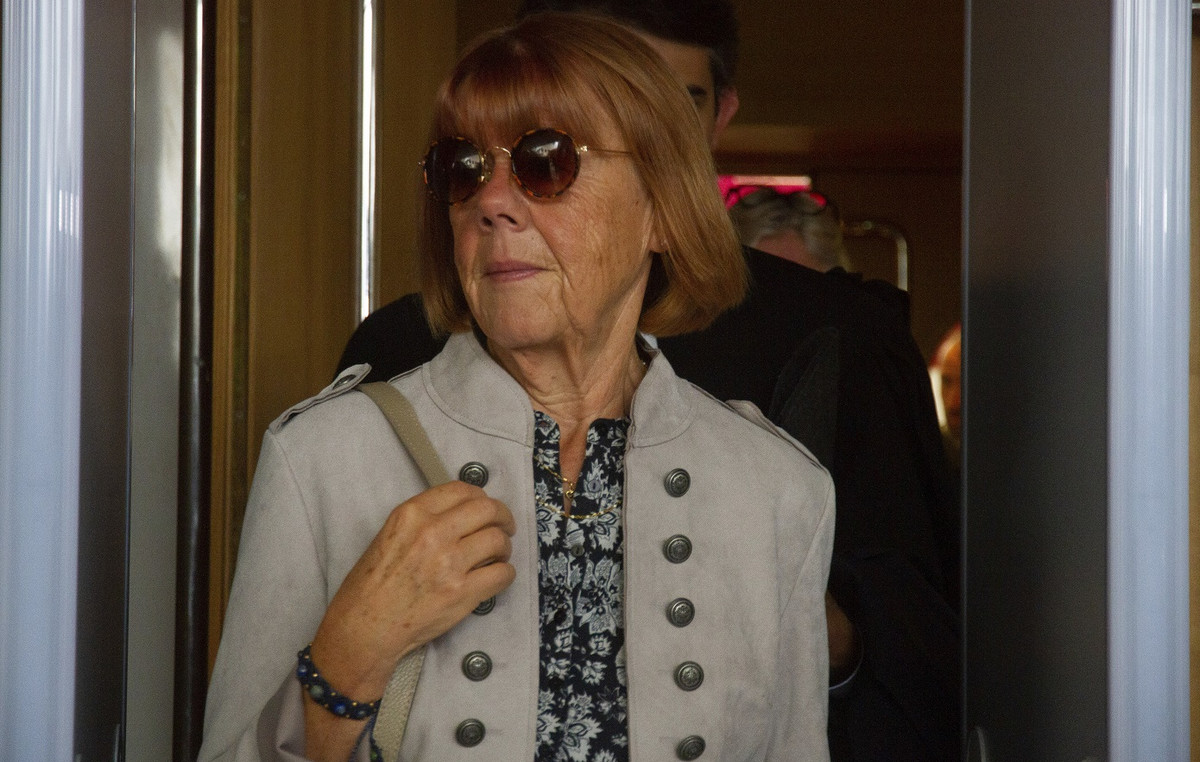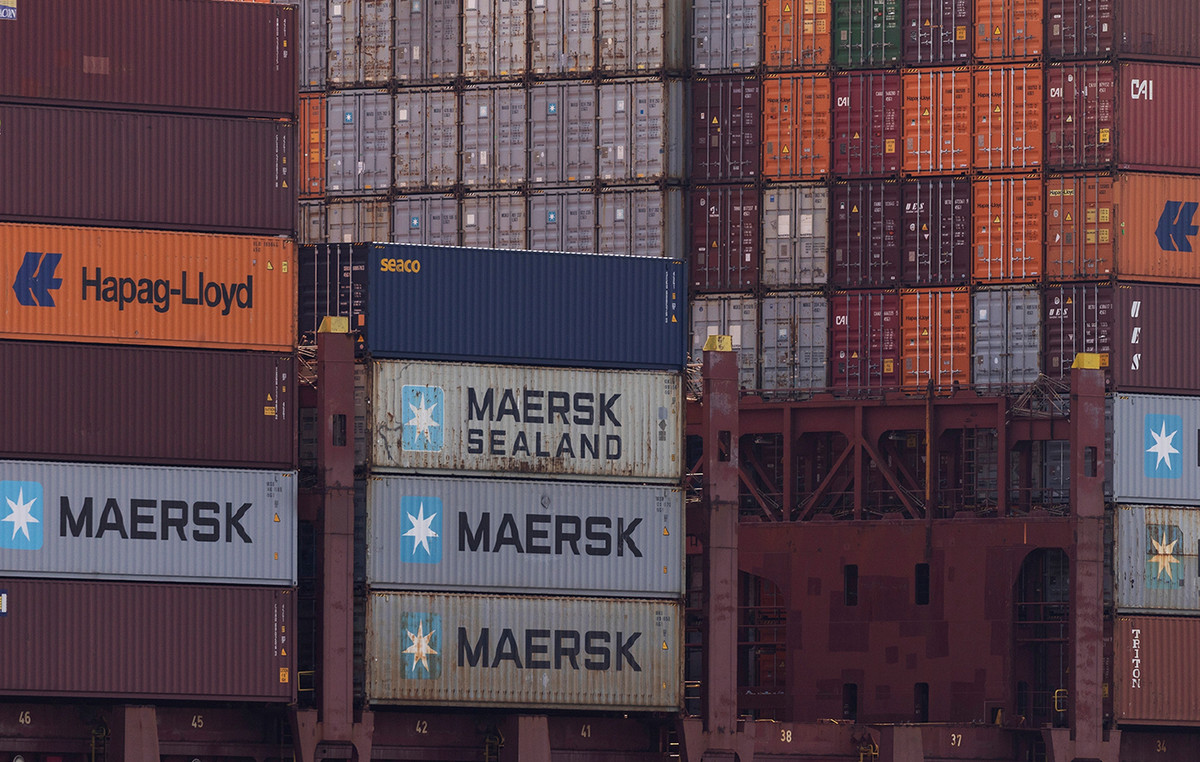Nicolás Maduro assumed his third term as president of Venezuela on Friday (10). The ceremony consecrates the authoritarian rise of the Bolivarian regime, which is increasingly isolated in the international community.
At the event, the Venezuelan president promised to reform the constitution and accused the United States of interfering in the country’s democratic process.
According to the Venezuelan government, representatives of more than 120 were at the event. Still, the only heads of state who attended the ceremony were Miguel Díaz-Canel, from Cuba, and Daniel Ortega, from Nicaragua.
Ambassador Glivânia Maria de Oliveira represented the Brazilian government at the inauguration.
“Venezuela counts on countries that do not join the international community led by Washington. Which puts Brazil in an ungrateful situation in which it distances itself from Venezuela due to the democratic issue, but tries not to completely lose the bond because it is unthinkable for Brazil that Russia and China have more influence in its own backyard”, says Felippe Ramos, analyst of international politics.
Maduro’s third term begins with a serious crisis of legitimacy.
Within Venezuela, opinion polls show that the majority of voters do not recognize the election result.
In the international community, dozens of countries claim that opponent Edmundo González was the winner of the dispute. Brazil follows a middle path. He says it is not possible to confirm the results of the polls, but that he will still maintain diplomatic and commercial ties with Caracas.
Opposition leader María Corina Machado released a video in which she stated that Maduro’s government is nearing its end. And he classified the increase in the police apparatus in Caracas as a symbol of fear of a popular uprising.
“Today, January 10, Maduro consolidates a coup d’état. In front of Venezuelans and the world, they decided to cross the red line that officially violates the national constitution. They trample on our constitution.”
The Maduro administration is still trying to recover from a serious financial crisis that has hit the country since 2016, when the price of oil fell on the international market and disorganized the Venezuelan economy, which is highly dependent on the extraction of fossil fuels.
The lack of investment in the sector further worsens this scenario. And the productive capacity of the nation with the largest hydrocarbon reserves in the world remains at a historically low level.
The economic collapse is responsible for a humanitarian crisis that has generated almost 8 million refugees in less than a decade.
This content was originally published in Posse consolidates Maduro’s power, but increases international isolation on the CNN Brasil website.
Source: CNN Brasil
Bruce Belcher is a seasoned author with over 5 years of experience in world news. He writes for online news websites and provides in-depth analysis on the world stock market. Bruce is known for his insightful perspectives and commitment to keeping the public informed.







